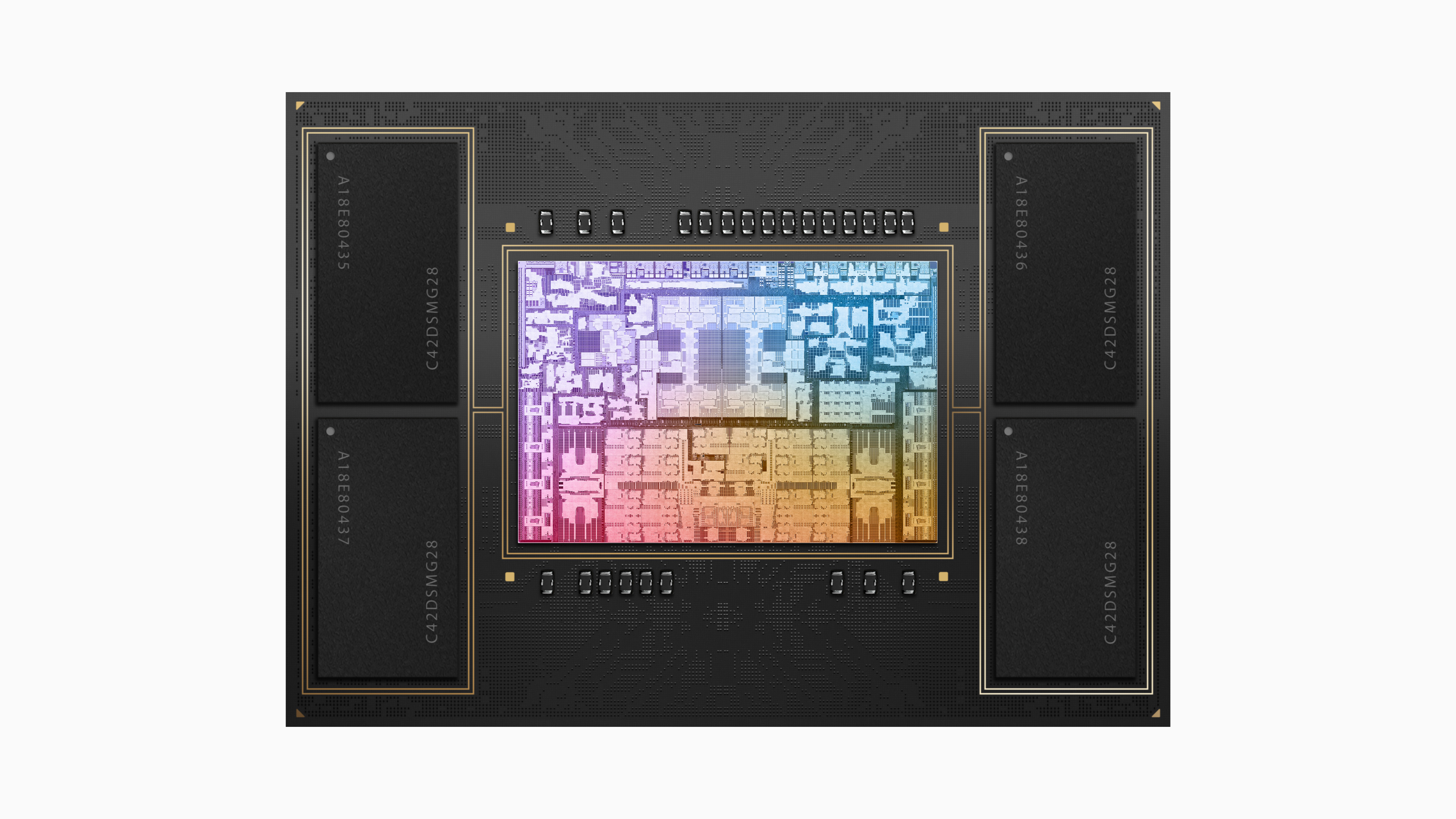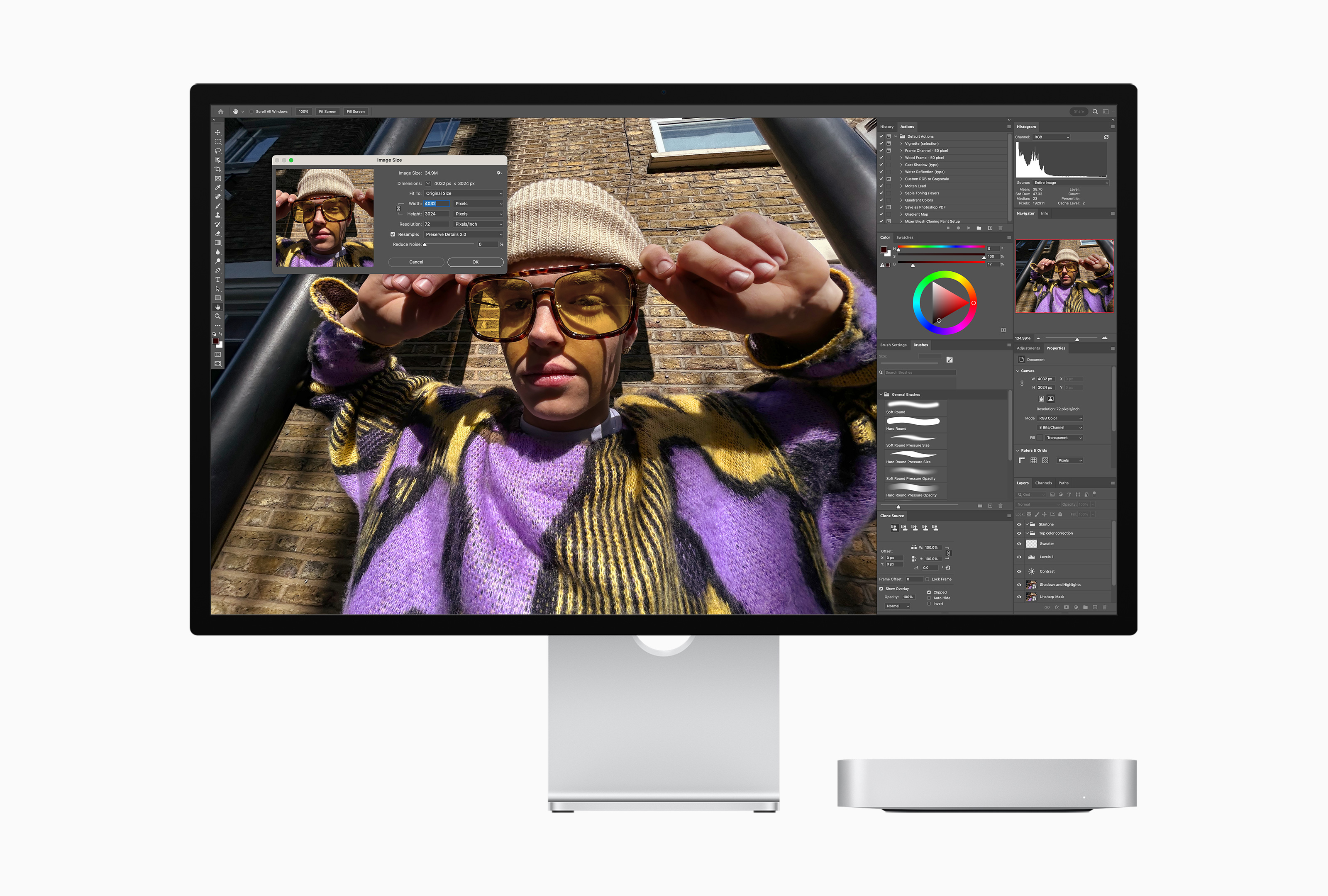Apple M1 Pro and Max vs M2 Pro and Max: What's the difference?

Apple's new M2 Pro and M2 Max chips are here. This is an exciting new upgrade to Apple silicon, building on the advances of the M2 chip unveiled by Apple last year.
However, it does mean that users now have a choice to make between the M1 and M2 line of chips for their Mac-based computing needs. Perhaps more confusingly, there isn't much crossover, so picking a chip limits the type of device you can buy (for now).
It's probably going to make more sense for you to choose the best Mac or MacBook based on your needs and then settle for the best chip in that lineup. You won't be disappointed by either M1 or M2, but that doesn't mean you shouldn't inform yourself. So here's the breakdown between M1 and M2 Pro and Max.
M1 vs M2

Apple silicon is Apple's own-branded computer chips. Moving away from Intel, the company has poured technology from its best iPhone models into laptops and desktops with stunning results. The first of these was M1, followed by M1 Pro and M1 Max, and then M2, now followed by M2 Pro and M2 Max. There is also an M1 Ultra (and likely an M2 Ultra on the way), but we don't need to worry about that just now.
M1 was made using TSMC's new 5nm process, while M2 was made using an enhanced 5nm process. That means M2 starts with more transistors, a higher clock speed, more graphics cores, support for more unified memory (24GB), higher memory bandwidth (68.25GB/s vs. 100GB/s), a faster neural engine, and ProRes and ProResRAW support.
The M2 was a big jump over the M1; when you amplify that by the Pro and Max variations, the gulf gets even wider.
M1 Pro vs M2 Pro

M1 Max vs M2 Max
The M2 Pro lineup boasts the same benefits as M2 does over the M1. Here's a quick side-by-side:
iMore offers spot-on advice and guidance from our team of experts, with decades of Apple device experience to lean on. Learn more with iMore!
| Row 0 - Cell 0 | M1 Pro | M2 Pro |
| Connectivity | Thunderbolt 4 | Thunderbolt 4 |
| Transistors | 33.7 billion | More than 40 billion |
| Neural Engine | 11 trillion ops/s | 15.8 trillion ops/s |
| CPU Cores | 10 | 12 |
| GPU Cores | 16 | 19 |
| Unified Memory | Up to 32GB | Up to 32GB |
| Memory Bandwidth | 200GB/s | 200GB/s |
M2 Pro offers 20 percent faster-multithreaded CPU performance than the M1 Pro. Versus M1 Pro, Apple says this makes it 40% faster when running Photoshop on the M2 16-inch MacBook Pro. It's also 25% faster when compiling Xcode.
Thanks to 3 extra graphics cores and a larger L2 cache, the M2 Pro also offers up to 30 percent faster graphics performance than M1.
If it's performance you want, then the M2 is undoubtedly faster than M1 at the Pro level. This is an excellent upgrade in the M2 MacBook Pro at the same price as the old M1 versions.
M1 Max vs M2 Max
The gulf between M1 Max and its M2 counterpart is much higher. Here's a quick rundown of the figures:
| Row 0 - Cell 0 | M1 Max | M2 Max |
| Connectivity | Thunderbolt 4 | Thunderbolt 4 |
| Transistors | 57 billion | 67 billion |
| Neural Engine | 11 trillion ops/s | 15.8 trillion ops/s |
| CPU Cores | 10 | 12 |
| GPU Cores | Up to 32 | Up to 38 |
| Unified Memory | Up to 64GB | Up to 96GB |
| Memory Bandwidth | 400GB/s | 400GB/s |
As you can see, thanks to beefy GPU cores, and a massive amount of unified memory, the M2 Max outshines M1 Max the higher up the performance chain you go. But, again, those GPU cores benefit from the higher L2 cache, making gaming performance 30% higher on M2 Max over M1 Max.
Devices that run Apple's M2 Pro and Max chips
If you want to get your hands on the latest M2 Pro and M2 Max Apple silicon chips, your options are limited as of right now.
M2 Max is only available on the M2 MacBook Pro lineup, but expect to see it on the Mac Studio in the future.
M2 Pro is available on the M2 Mac mini and the aforementioned MacBook Pro. The Mac mini also has a tamer M2 option that starts at just $599.

Stephen Warwick has written about Apple for five years at iMore and previously elsewhere. He covers all of iMore's latest breaking news regarding all of Apple's products and services, both hardware and software. Stephen has interviewed industry experts in a range of fields including finance, litigation, security, and more. He also specializes in curating and reviewing audio hardware and has experience beyond journalism in sound engineering, production, and design.
Before becoming a writer Stephen studied Ancient History at University and also worked at Apple for more than two years. Stephen is also a host on the iMore show, a weekly podcast recorded live that discusses the latest in breaking Apple news, as well as featuring fun trivia about all things Apple. Follow him on Twitter @stephenwarwick9
